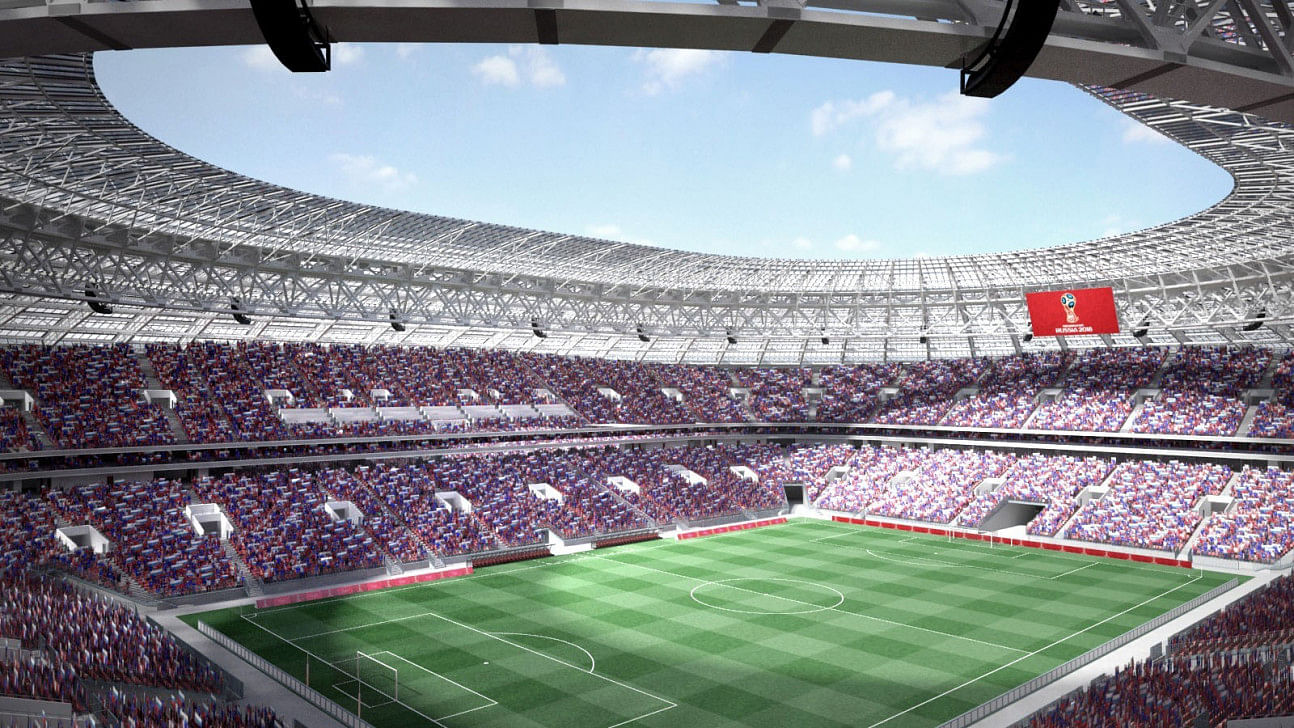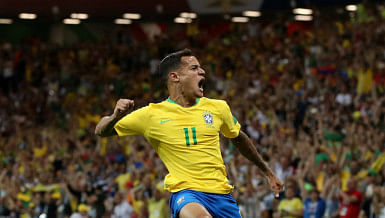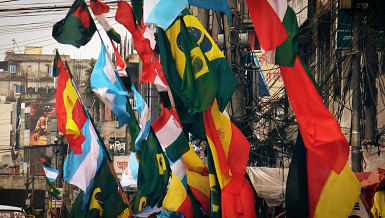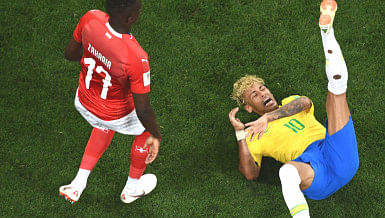History
The main stadium for Russia 2018 was originally built to host the first nationwide summer Spartakiad in 1956. Since then, Luzhniki Stadium has hosted a multitude of major sporting and cultural events, including the 1980 Summer Olympics, world championships in ice hockey, athletics and rugby and concerts featuring some of the world's greatest musicians. Throughout this period, however, football has played a special role, with the stadium having hosted more than 3,000 matches.
Luzhniki Stadium is the venue for most of the matches played by the Russian national football team, and at various times it has also served as the home stadium for Moscow's Spartak, CSKA and Torpedo clubs. It has also hosted the finals of the two main competitions in European club football: the final of the 1999 UEFA Cup (now known as the Europa League), in which Italian side Parma beat French club Olympique Marseille 3:0, and the UEFA Champions League final in 2008, when, in driving rain and with 74,000 spectators looking on, an all-English affair ended with Manchester United defeating Chelsea in a dramatic penalty shoot-out.
Design
Work to rebuild Luzhniki Stadium for Russia 2018 began in 2013. One of the crucial aspects of the project was preserving the historical façade of the stadium, which has become one of Moscow's true landmarks. Inside, the stadium was totally refurbished: the athletics track was removed, the stands moved closer to the pitch and made rectangular, the gradient adjusted and two extra tiers added. Luzhniki Stadium's capacity was increased from 78,000 to 80,000.
Legacy
Luzhniki Stadium will retain its status as the country's leading football stadium, and will host the Russian national team's matches.
Fact file
Host City: Moscow
Project: Stadium Reconstruction
Capacity: 80,000*
Location: Luzhniki Sports Complex
Home Team: Russia
* The number above indicates the anticipated gross capacity for this stadium in its finished state. Please note that the stadium's official capacity for the 2018 FIFA World Cup will be lower due to FIFA World Cup specific requirements and constructions.




 For all latest news, follow The Daily Star's Google News channel.
For all latest news, follow The Daily Star's Google News channel. 









Leave your comments